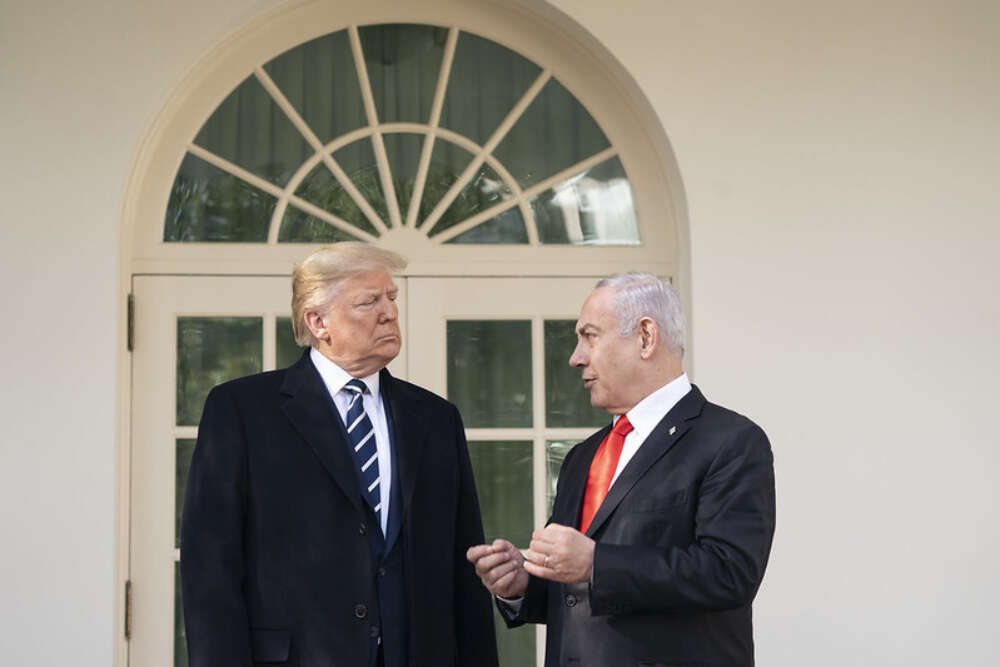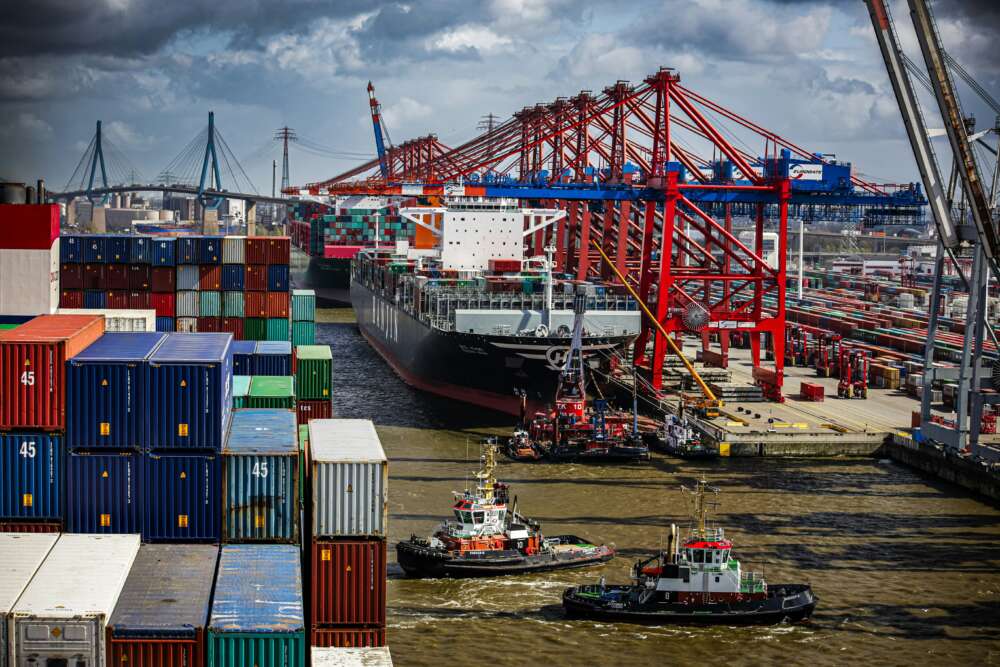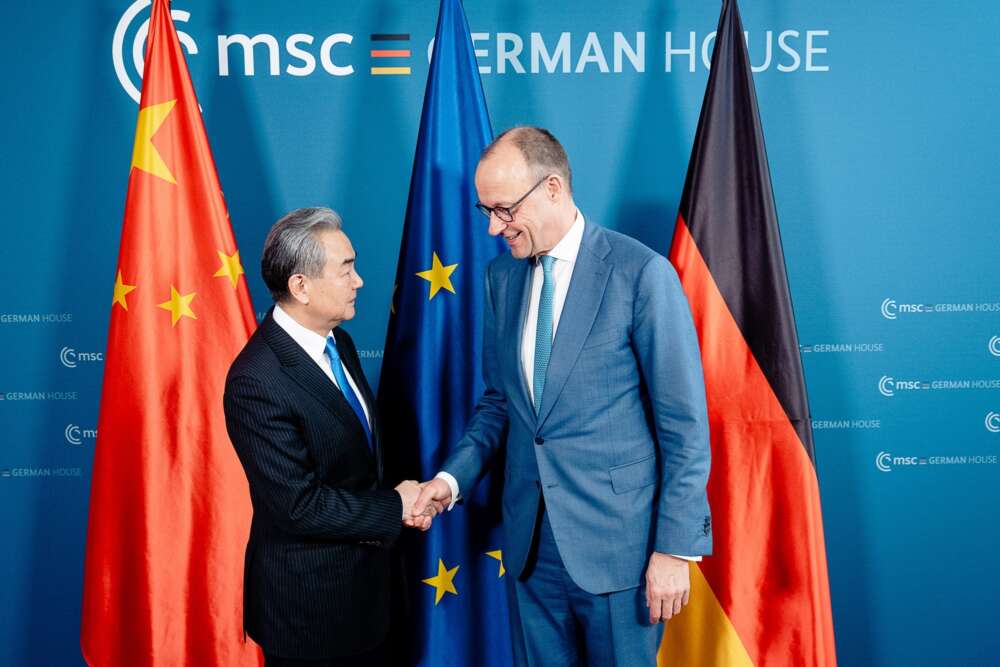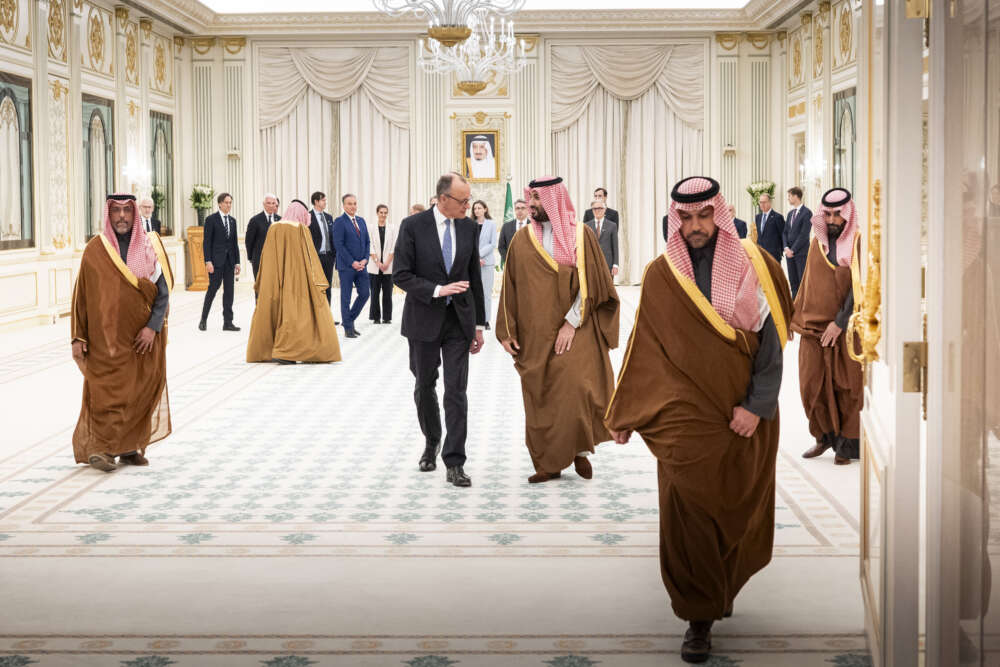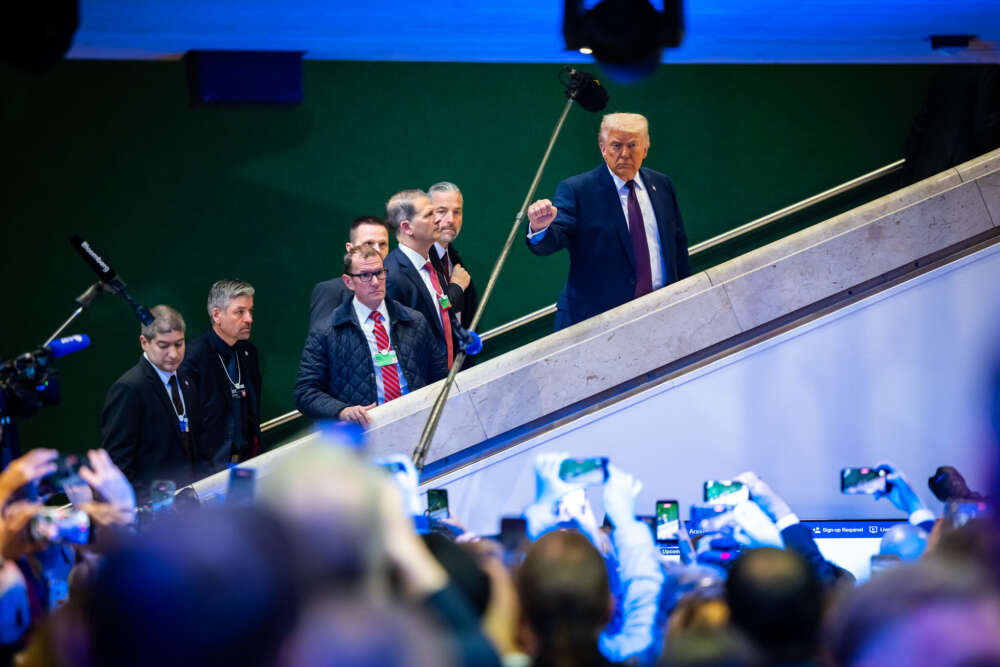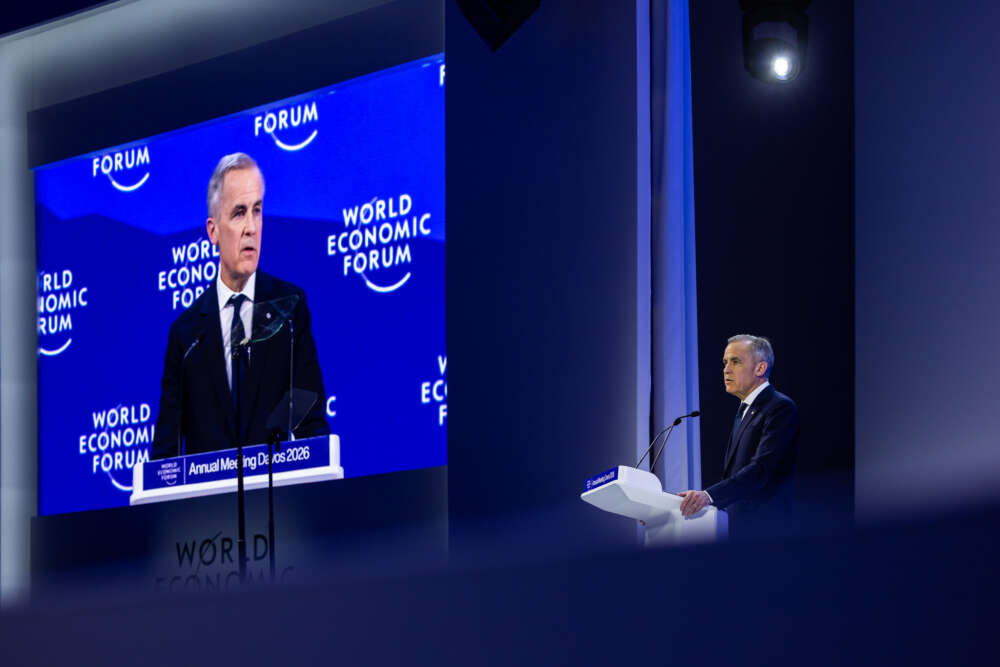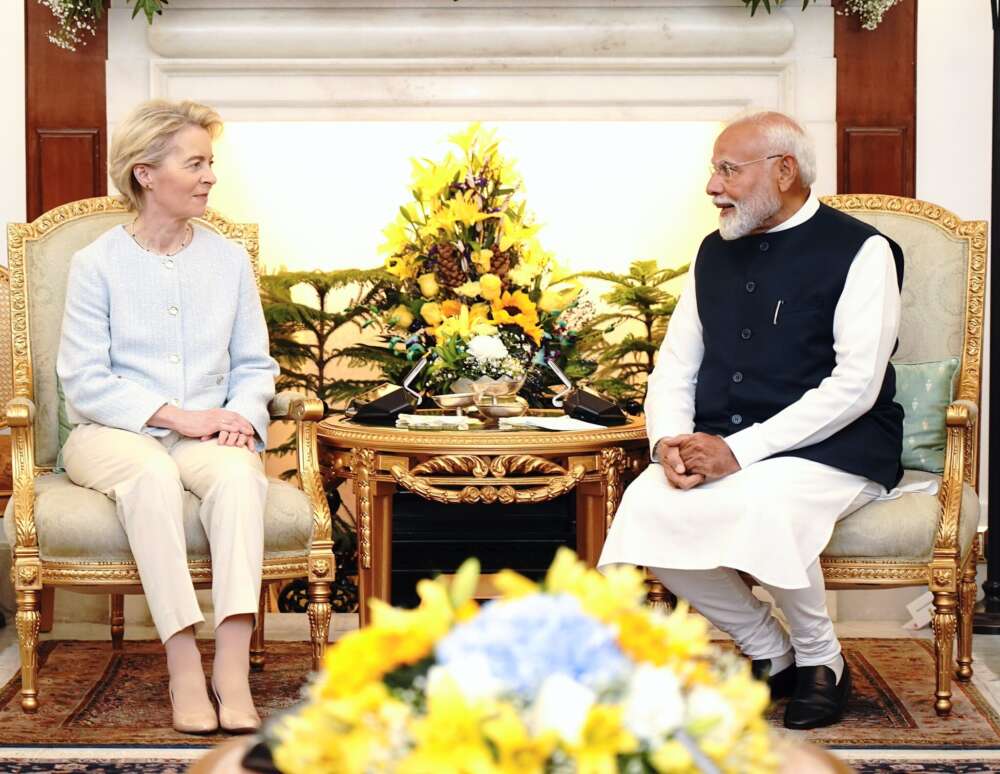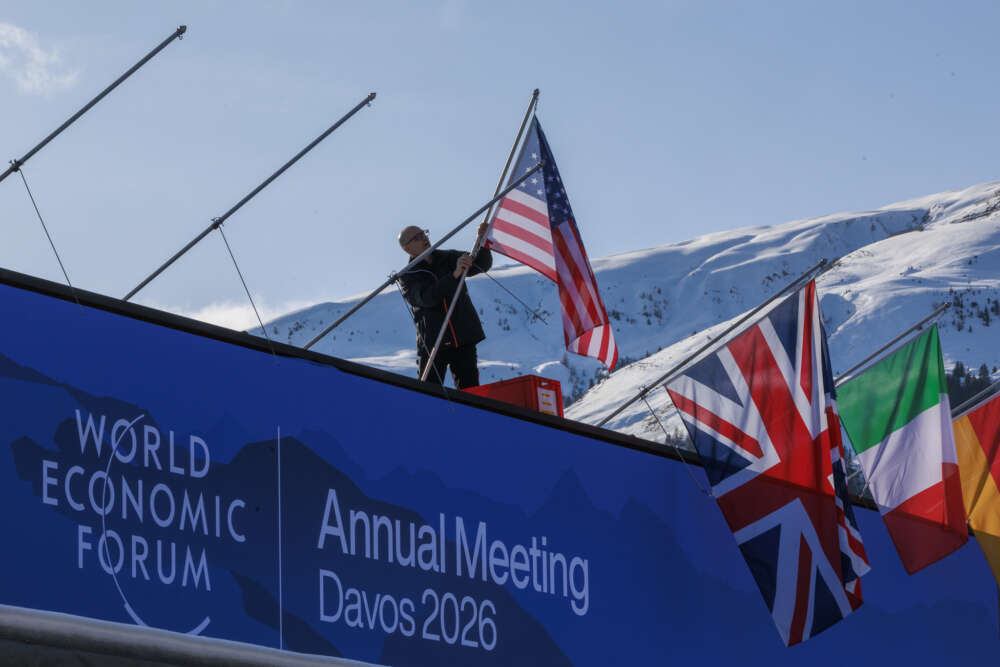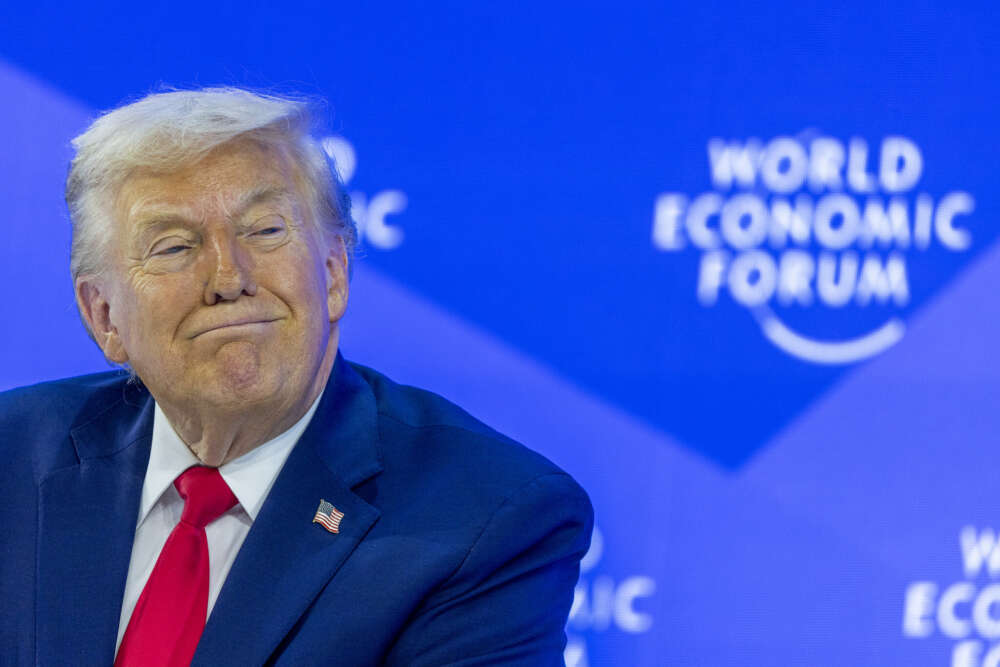Netanyahu’s Iran Campaign Is Also Trump’s War — And China and Russia Are Benefiting For Now
In 2002, Benjamin Netanyahu told a US Senate hearing: “If you take out Saddam, I guarantee you that it will have enormous positive reverberations throughout the region.” He claimed the people of Iran would overthrow the mullah regime. “The first victory in Afghanistan makes the second victory in Iraq that much easier,” said a euphoric Netanyahu, drunk on the neoconservative ideology of the turn of the century.
Just a month ago, during a speech in Saudi-Arabia, US President Donald Trump condemned the neocons and the era of disastrous US wars and nation-building projects in Afghanistan and Iraq: “the so-called ‘nation-builders’ wrecked far more nations than they built — and the interventionists were intervening in complex societies that they did not even understand themselves.” In contrast, Trump presented himself as someone who has never believed in “permanent enemies” and is willing to “end past conflicts and forge new partnerships — for a better and more stable world.” He directly addressed Iran’s leadership, saying he wanted to show them “a new path toward a far better and more hopeful future.”
Trump even sent his chief negotiator, Steve Witkoff, to talks with the Iranian regime. The next round of negotiations was scheduled for Sunday in Oman. But Netanyahu disrupted this plan by launching attacks on Iran last Thursday. In classic neocon fashion, the Israeli Prime Minister declared that the “day of liberation” for the Iranian people from the mullah regime was near.
Whether Trump approved Netanyahu’s Iran offensive, or merely couldn’t or didn’t want to prevent it, Israel’s war is now Trump’s war. Despite Trump’s insistence that US troops are not involved and that negotiations with Iran will proceed, he now finds himself precisely where he hoped never to be: ensnared in Netanyahu’s logic of escalation.
There are many good reasons Netanyahu might have chosen this moment for a major battle with Iran: the progress of a nuclear weapons program by a regime fanatically committed to Israel’s destruction, the buildup of a growing missile arsenal directed at Israel, Tehran’s vulnerability due to Israeli intelligence penetration, and the weakening of the “axis of resistance.” That this also distracts from Netanyahu’s domestic problems and war crimes in Gaza is a welcome side effect.
Netanyahu’s national security adviser made it clear that Israel alone cannot destroy Iran’s nuclear program. Many, including former Israeli Prime Minister Ehud Barak, are hoping the US will enter the war, not only to support the complete destruction of Iran’s nuclear program, but also to bring about regime change in Tehran. In recent days, Netanyahu reportedly urged Trump to join the conflict and press toward that objective.
Trump, however, seems to be looking for a way back to the negotiating table — at least for now. The Iranian regime miscalculated with its hardline stance in talks, was caught off guard by the Israeli attacks and is weakened by the loss of many military personnel. But whether the regime, which has historically proven willing to endure pain and hardship, will quickly return to negotiations — and whether Netanyahu will halt the military campaign to make that possible — remains unclear.
What is clear is that, in the short term, Russia and China are benefiting from this conflict. Putin, in particular, is positioning himself as a mediator between Iran and Israel. He stands to gain from rising oil prices and has welcomed the US decision to redeploy anti-drone systems from Ukraine to the Middle East. Yes, Iran is a brother-in-arms, supporting the production of drones and supplying weapons to Russia. But it remains unclear whether the production of Iranian-designed drones in Russia will be affected.
Xi Jinping, for his part, is pleased that US attention and military resources are increasingly tied up in Middle Eastern conflicts, even as China grows more aggressive in the Indo-Pacific while also portraying itself as a global mediator — for example, by founding the International Organization for Mediation based in Hong Kong. Many, especially outside the West, now view Beijing as a global anchor of stability, in contrast to the chaotic power that is the US under Trump.
Meanwhile, neocons are framing the weakening — or possible demise — of the Iranian regime as a blow to what they call the CRINK alliance between China, Russia, Iran and North Korea. Moscow may indeed see the collapse of the Iranian regime as a strategic loss. But depending on how disastrously this plays out, with neocon hopes colliding with reality, Beijing might be just fine with losing the Iranian regime, so long as it gains a deeper Western quagmire in return.
Germany and the EU have so far largely limited themselves to appeals for a diplomatic solution, without making any concrete demands on Netanyahu. Yet, Germany, in coordination with its European partners, should be preparing for all possible contingencies, including an escalation of the war and the possible collapse of the Iranian regime —already weakened by economic crisis and internal dissatisfaction — and the destabilization that would follow. If this occurs, the question of post-conflict “stabilization” efforts will inevitably arise anew. Given this highly volatile environment, Germany would be well advised to invest in this kind of strategic foresight, working together with experts to game out and prepare for a range of scenarios. This should be a top priority for the National Security Council, currently being developed within the German Chancellery.
This commentary was originally published in German by Handelsblatt on June 16, 2025.
